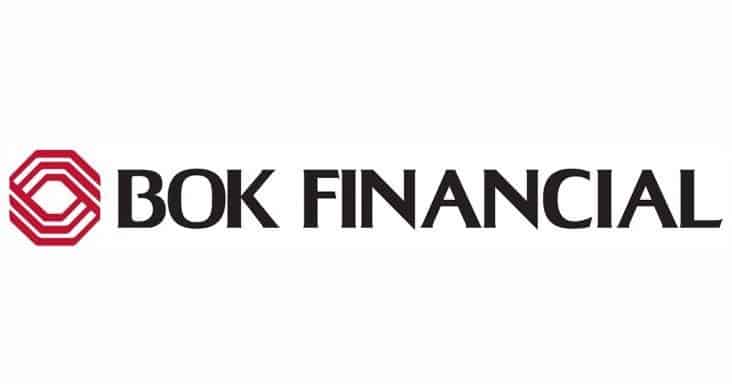April is National Financial Literacy Month! This is an excellent opportunity to review and upgrade your financial knowledge. BOK Financial suggests a variety of ways to stay on top of your money game.
Educate yourself.
Being financially knowledgeable lessens the chance of being financially fragile, especially during times of economic crisis like we are experiencing today. A recent survey conducted by OnePoll on behalf of BOK Financial found that the average American doesn’t experience a “financial awakening” until the age of 33. Having even a little financial knowledge can help people become more financially resilient. Find more resources on financial literacy here.
Find ways to trim your expenses.
More than likely, your dining out and travel budgets shrank in 2020. As you plot out and monitor your 2021 spending, consider targeting a budget level midway between 2019 and 2020 outlays and sock away the balance.
Explore the streams.
We live in a subscription-based world, which means many of us make automatic payments to a handful of streaming services every month. By compiling and reviewing the list of your current subscriptions, decide whether each is worth keeping.
Rev up your auto loan.
Much like the boost a refinanced mortgage can provide to your household cash flow, historically low rates can also make reworking your auto loan a smart move.
Ensure insurance is cost-effective.
While most don’t apply a financial fitness lens to their home and auto insurance, it doesn’t hurt to look for opportunities to trim premiums while keeping coverage at similar levels.
Give yourself credit.
As long as you can pay off the bill in full every month, determine which of your credit cards provide the optimal blend of rewards. If you run a balance, stick to paying with cash or a debit card as interest fees tend to negate benefits.
Teach your kids about money.
Creating intentional money habits and letting kids in on the process is an important life skill. Open a checking account for your child or explore fintech (financial technology) options, some of which allows younger kids to have a debit card and parents to control where the money can be spent.
Pay yourself first.
If you find yourself with extra funds, experts recommend giving your retirement a raise. No one ever retires and says they saved too much money. Don’t try to time the market. It’s better to put money in each pay period and take advantage of dollar-cost averaging. If you’re nervous, don’t lower your contribution rate, instead check your asset allocation.
Talk to your significant other about money.
Everything should be on the table, from checking and savings accounts to investments and credit reports. Nobody gets a free ride, even if one of you is better at numbers. Don’t hide financial issues from one another. Having your finances in order is a gift. You don’t want to leave them in the lurch if you get sick, disabled or pass away. Learn more.
Be cyber aware.
Fraudsters are especially active during times of crisis. Be vigilant, check your accounts and credit reports regularly, and think before you click.
Get more information on these and other financial topics at TheStatement.BOKF.com.


